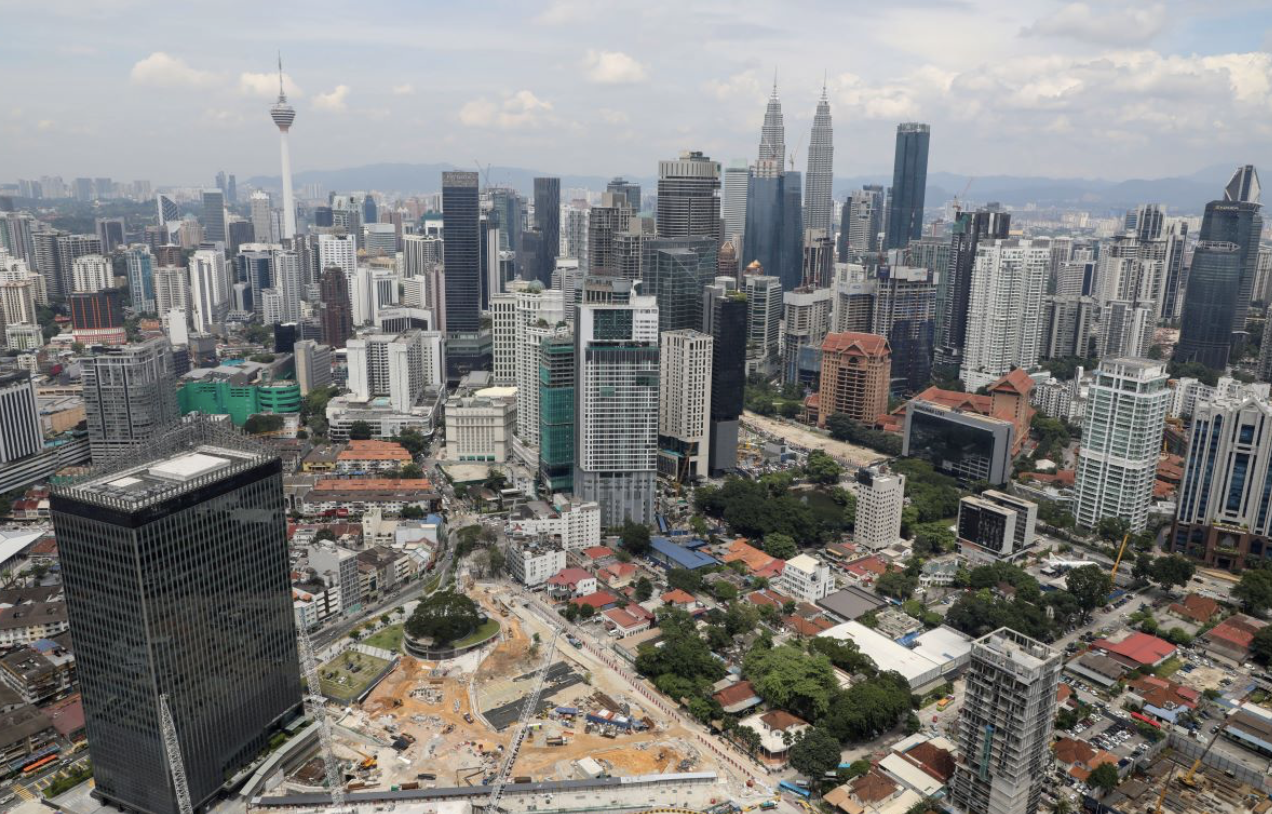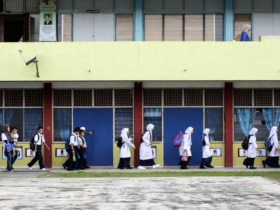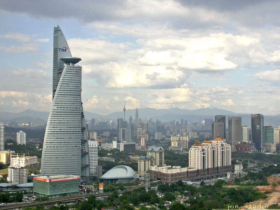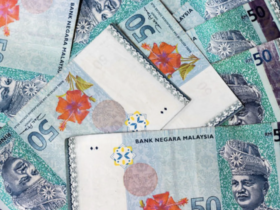KUALA LUMPUR, Oct 10 — The national economy is expected to experience moderate growth of four to 4.5 per cent in 2026 compared to 2025 on the back of a challenging global landscape, said Prime Minister cum Finance Minister Datuk Seri Anwar Ibrahim.
This was based on the government projection of growth this year of between four per cent and 4.8 per cent.
Despite the drag of regional conflicts and tariff-related headwinds, Malaysia’s domestic fundamentals remain strong, enabling it to weather external shocks more effectively.
“Malaysia’s structural reform journey continues on a solid fiscal footing, reinforcing the principle of prudent public finance management, amid a global landscape marked by uncertainty.
“This confidence is shared by international institutions such as the International Monetary Fund and the World Bank, which continue to hold a firm outlook for Malaysia even as dark clouds gather over the global economy,” he said in the preface of the Fiscal Outlook and Federal Government Revenue Estimates 2026 released by the Finance Ministry today.
Anwar added that the economy continues to chart a steady and resilient growth path, with an expansion of 4.4 per cent in the first half of 2025, placing the nation among the region’s strongest performers.
This momentum was driven by robust domestic demand, underpinned by sustained investment flows, rising wages, and a stable labour market.
“Malaysia’s leap of 11 places in the 2025 IMD World Competitiveness Ranking among all countries is a clear vote of confidence in our fundamentals. Ranked 23rd, we are now at our strongest position since 2020,” he said.
Anwar noted that the government remains unwavering in its resolve to address the deep-rooted structural challenges, including income inequality, regional development disparities, climate change, and ageing demographics.
Meanwhile, the fiscal deficit narrowed from 5.5 per cent of the gross domestic product in 2022 to 4.1 per cent in 2024, with a further reduction to 3.5 per cent targeted for 2026 and three per cent in the medium term under the Public Finance and Fiscal Responsibility Act 2023 (Act 850).
“Rebuilding fiscal buffers is indispensable, more than ever, as economic shocks become more frequent and more severe in today’s volatile global climate. To narrow the deficit, fiscal reforms are in full swing,” he said.
Act 850 and the newly introduced Government Procurement Bill 2025 are also part of efforts to enhance accountability, transparency, and operating efficiency.
Enhancements to the Sales and Service Tax (SST), e-invoicing implementation, and targeted subsidy rationalisation, including diesel, RON95 and electricity, have generated billions of ringgit in savings.
The Prime Minister said that these savings are being rechannelled to strengthen aid and direct social assistance, with allocations for Sumbangan Tunai Rahmah (STR) and Sumbangan Asas Rahmah (Sara) expanding by 50 per cent in just one year to RM15 billion, benefitting up to 22 million Malaysians.




















Leave a Reply